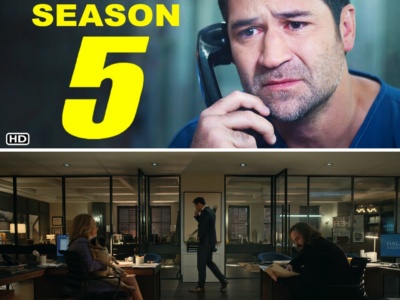A lot has changed in the MCU over 8 years, bringing it to the point where Iron Man’s Captain America: Civil War argument makes much more sense.
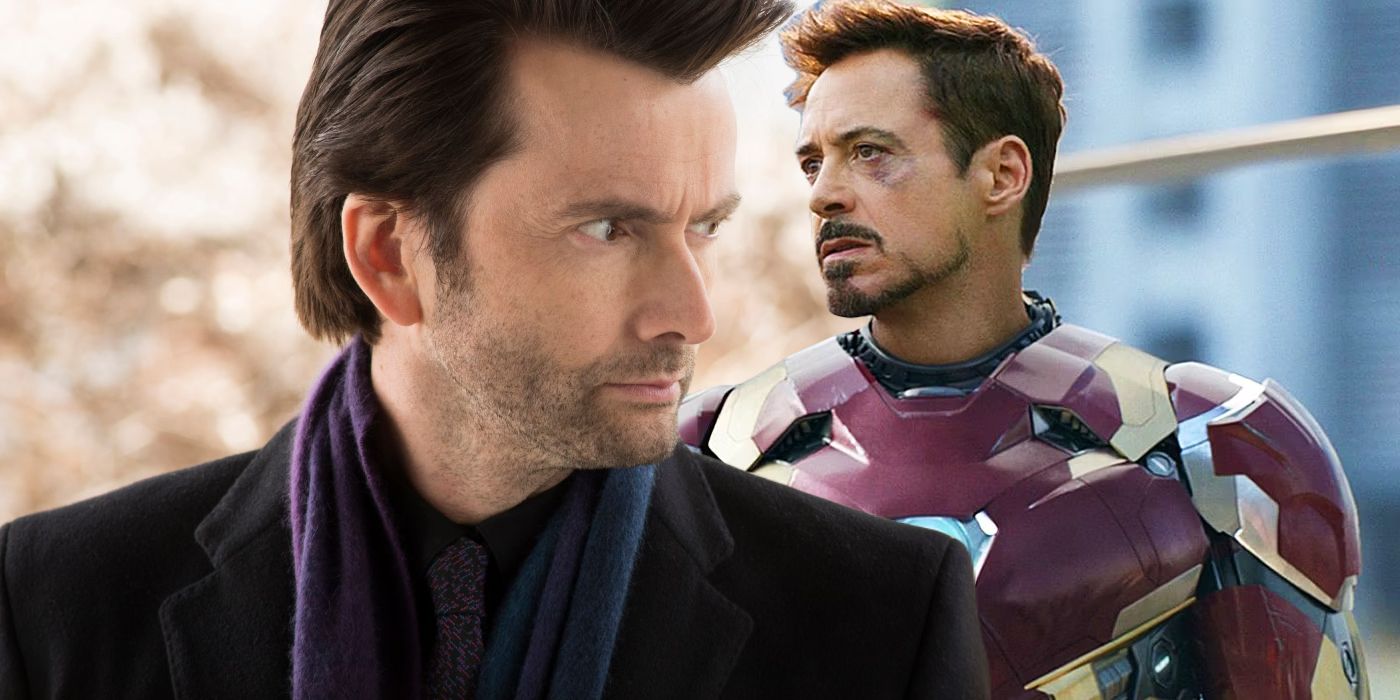
It has been 8 years since Captain America: Civil War introduced the Sokovia Accords to the MCU, and now they make more sense than ever. Captain America: Civil War adapted the “Civil War” run of Marvel Comics, introducing the MCU’s Sokovia Accords as a version of the Superhuman Registration Act. In summary, this UN-drafted legislation required all super-powered individuals to register with the United Nations, reveal their identities, and submit to international law while the Avengers were to be de-privatized and overseen by the UN.
The Sokovia Accords appealed to Iron Man in the wake of his disastrous efforts to protect the world with Ultron, but did not sit well with Captain America, pitting the two and their fellow Avengers against one another. This culminated in the rift that would place Earth’s Mightiest Heroes on the backfoot by the time Thanos invaded in Avengers: Infinity War. Between the events of Captain America: Civil War and now, the debate surrounding the accords was stifled – yet a lot has changed in that time, and now Team Iron Man’s argument looks more valid than ever.
Netflix’s Marvel Shows Becoming Canon Changes The MCU’s Superpower History
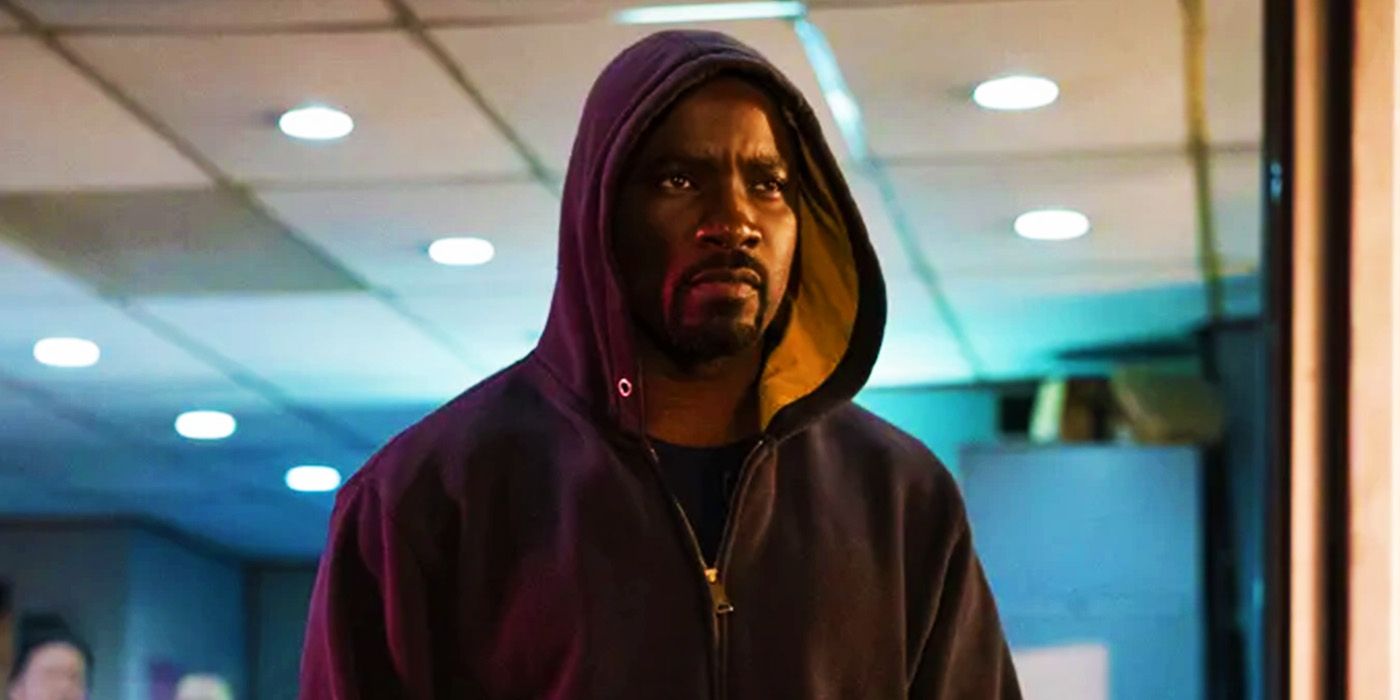
The collection of Netflix-born Marvel shows, often dubbed “The Defenders Saga,” was recently confirmed to be a part of MCU canon. This means that the Defenders and their associates have been in operation throughout the history of the MCU, which raises several questions about their whereabouts throughout that time. While many of these can be written off by the street-level remit of the heroes having no bearing on the wider, distinctly cosmic MCU narrative, it still bolsters the total number of superhumans in operation when the Sokovia Accords were drawn up.
While their ability to stand up to the Avengers as a team is up for debate, the Defenders are a powerful group in their own right. The powers of Jessica Jones, Luke Cage, and Iron Fist, in particular, have incredibly destructive potential, while their personas can be unnervingly volatile. Killgrave, meanwhile, is a particularly insidious example of a super-powered individual who had devastating effects on the New York populace, begging the question of how things might have been different if he had been monitored.
The Sokovia Accords Have Only Become More Understandable
The Sokovia Accords Debuted In Captain America: Civil War (2016)
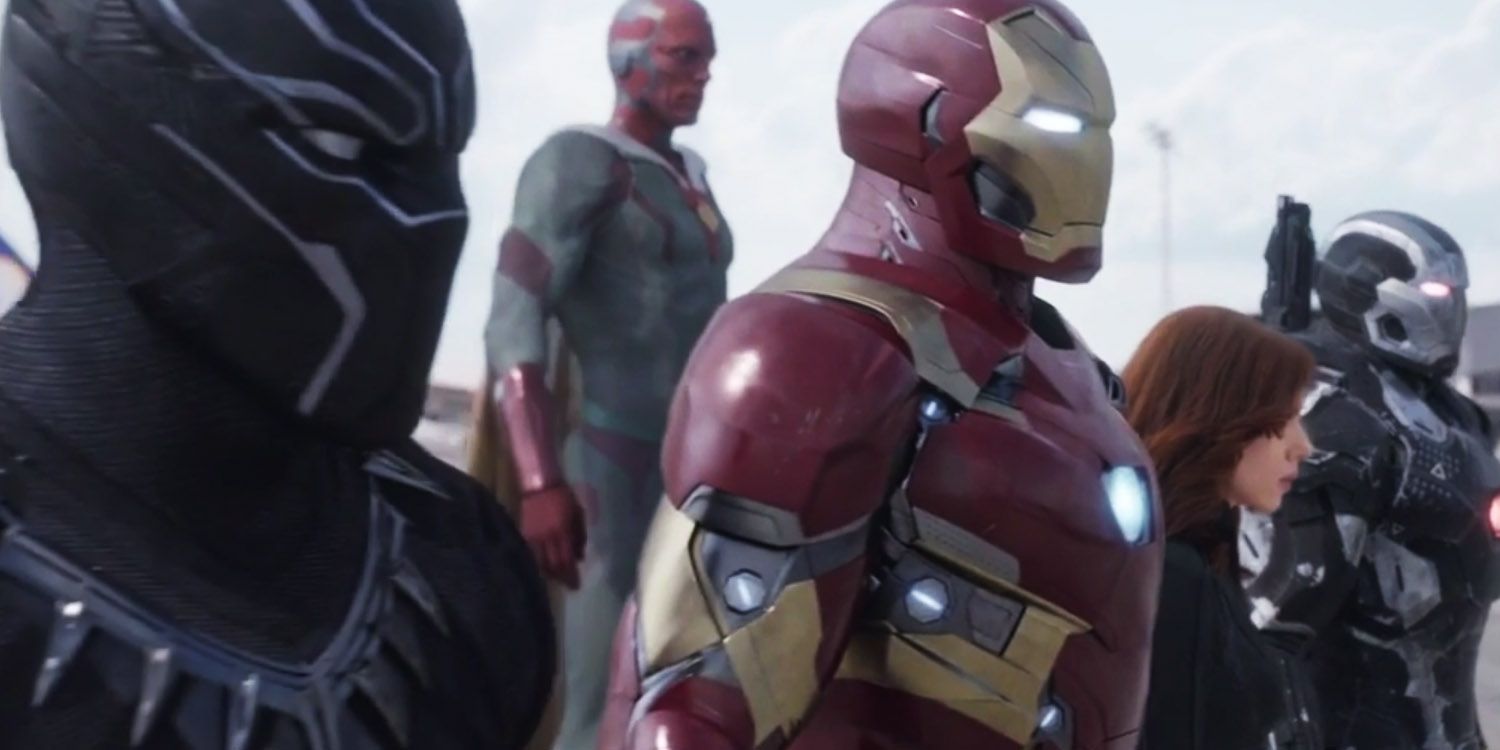
The presence of Killgrave and the possibility of the Defenders going rogue make the Sokovia accords a lot more appealing to the wider public. While the Defenders Saga ostensibly ended with the titular team being on the side of the good guys, the fact that they made their explosive MCU debuts in such a concentrated area would have been particularly concerning to New Yorkers caught in the crossfire. Combined with the events that had happened leading up to their MCU arrival, the public argument in favor of superhuman registration is particularly convincing.
According to the complete MCU timeline on Disney Plus, the Defenders Saga takes place immediately before Captain America: Civil War , meaning they could have been influential in the public perception of the legislation.
The United Nations drafted the Sokovia Accords in response to the consequences of activities engaged in by the Avengers and S.H.I.E.L.D. to establish accountability. They came after Tony Stark created an AI that became hellbent on eradicating humanity without any official oversight, undercutting public approval to near-apocalyptic results. It isn’t hard to see how the general population would prefer that these kinds of actions were instead undertaken after consulting external parties that would be directly affected by them.
Conversely, following Avengers: Endgame, Scott Lang’s book, “Look Out for the Little Guy,” showed the actions taken directly by the Avengers resulted in humanity’s salvation. Still, a government liaison would have been reasonable and helped to establish transparency that would have improved relations between the Avengers and the public. This is especially pertinent in the wake of further actions undertaken by the Avengers.
The Sokovia Accords Make More Sense After WandaVision
WandaVision Aired On Disney Plus In 2021
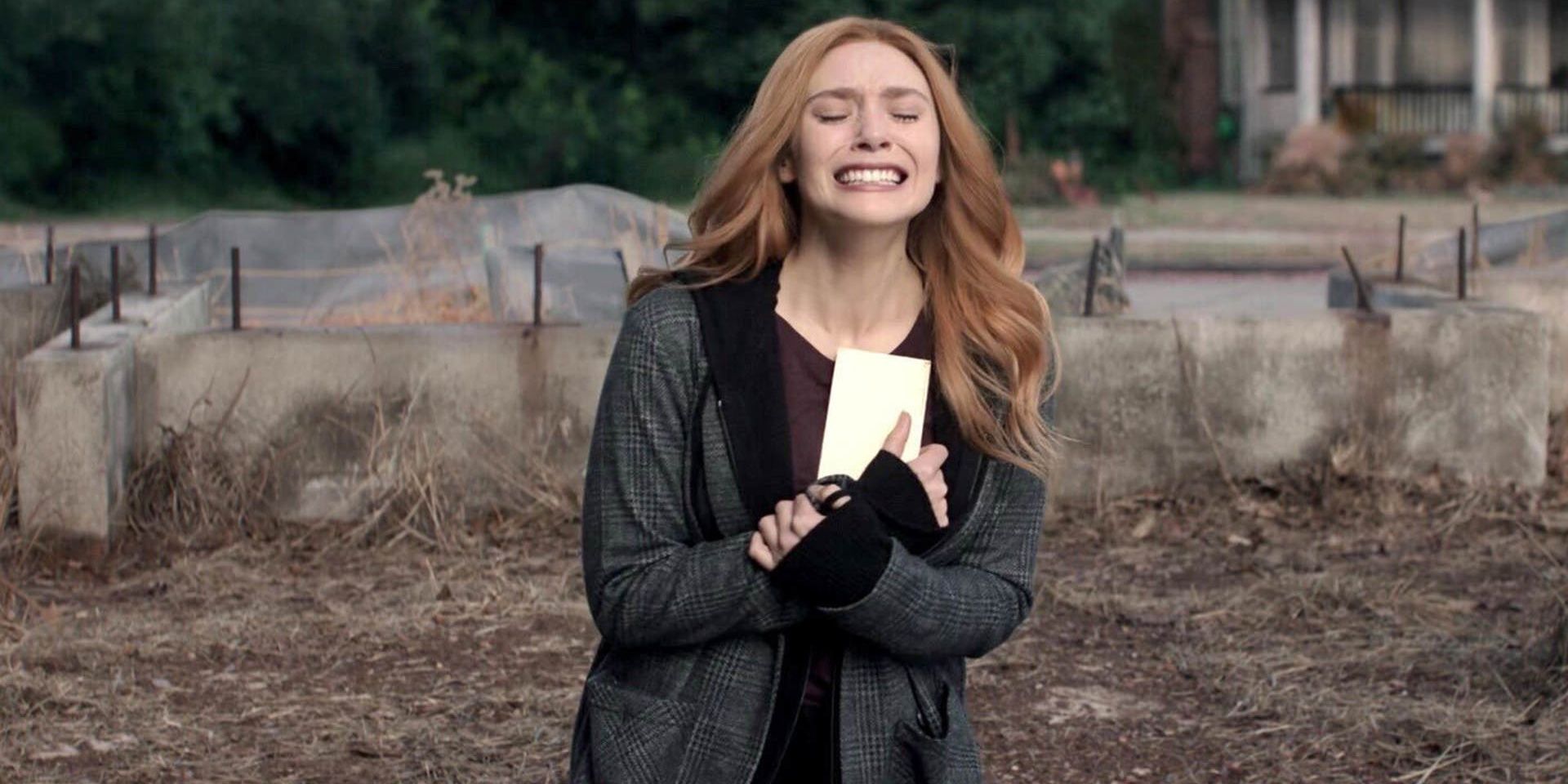
WandaVision takes place immediately after Avengers: Endgame and immediately undermines the goodwill established by the Avengers and other undocumented superheroes. Wanda Maximoff was among those brought back in the Blip, but proceeded to demonstrate the danger she poses once more by warping reality and holding the residents of Westview in her thrall. This cemented the need for the Accords, which were still in effect at the time. Yet it also helped to prove how toothless the Accords were in the face of Wanda’s superpowers.
While that may be the case, agents sympathetic to Wanda, like Jimmy Woo and Monica Rambeau, proved that using the accords in a more cooperative manner can yield positive results. Having a hero like Doctor Strange on record in the eventuality that somebody as powerful as Wanda goes rogue is mutually beneficial. Meanwhile, now that the world’s superheroes lack a leading figure and exorbitantly wealthy patron in the form of Iron Man, superheroes themselves could benefit from a closer relationship with government bodies.
Iron Man’s Death Highlighted Major Superhero Problems
Iron Man Died In Avengers: Endgame (2019)
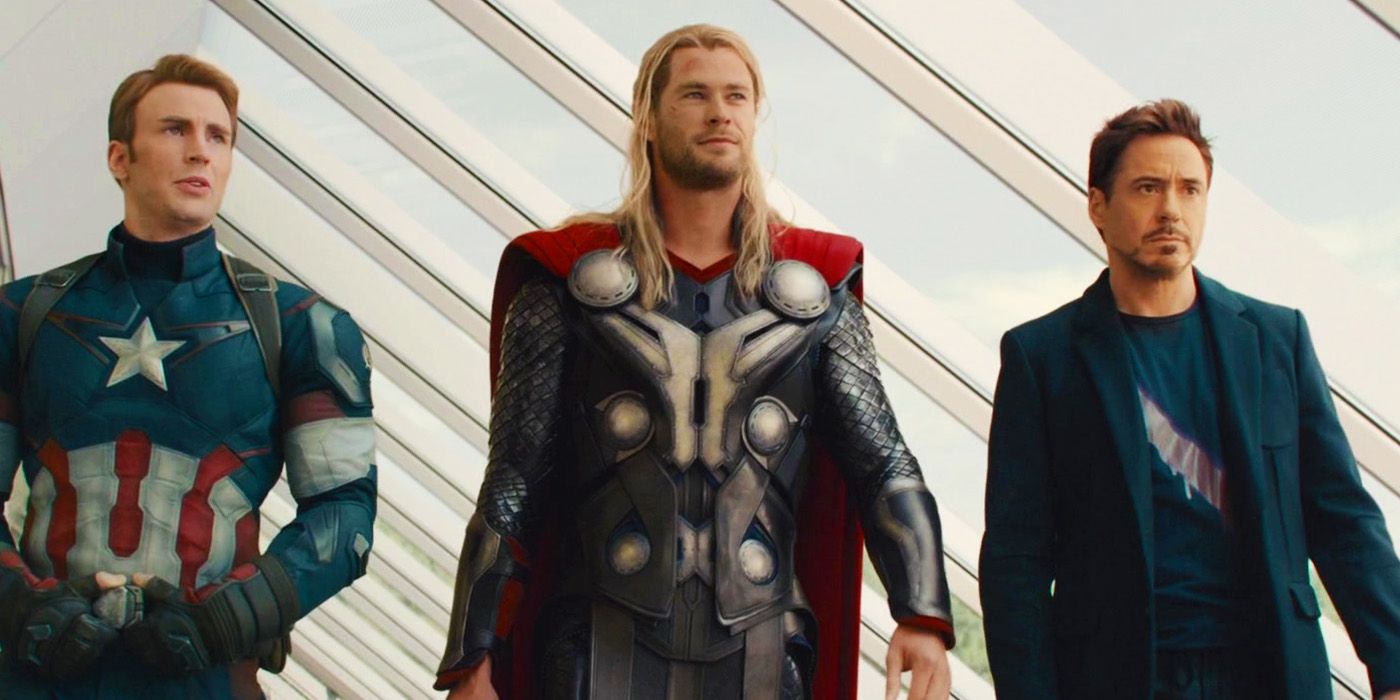
Before his death, Tony Stark (seemingly independently) bankrolled the Avengers and its members’ independent operations, such as those of Peter Parker. Several years after his death, the remaining Avengers have seemingly disbanded with no clear means to fund their heroic exploits. With SABER’s clandestine operations directly funded by the US Government, it stands to reason that the resources could extend to superpowered individuals willing to act in the best interests of humanity. As it stands, Monica Rambeau may be the only superhero working in this capacity.
Working directly beneath the government of any individual nation does, of course, come with a litany of potential issues. SHIELD helped to prove the fragility and volatility of government agencies within the MCU as it eventually fell to HYDRA. The Winter Soldier, meanwhile, was responsible for assassinating US citizens on the orders of an adversarial government, though it is safe to say that he did not do so because he was on their payroll.
Yet the Sokovia Accords is UN-drafted legislation intended to minimize the impact of superhuman activities for the benefit of every nation rather than just one. With that in mind, there is little to suggest that the nations of the MCU and their citizens could not still benefit from some kind of oversight on the actions of those who are capable of warping reality or bringing destructive forces to bear. Unfortunately for the concerned citizens of New York, this may well culminate in the election of Mayor Wilson Fisk and the implementation of detrimental anti-vigilante laws.
